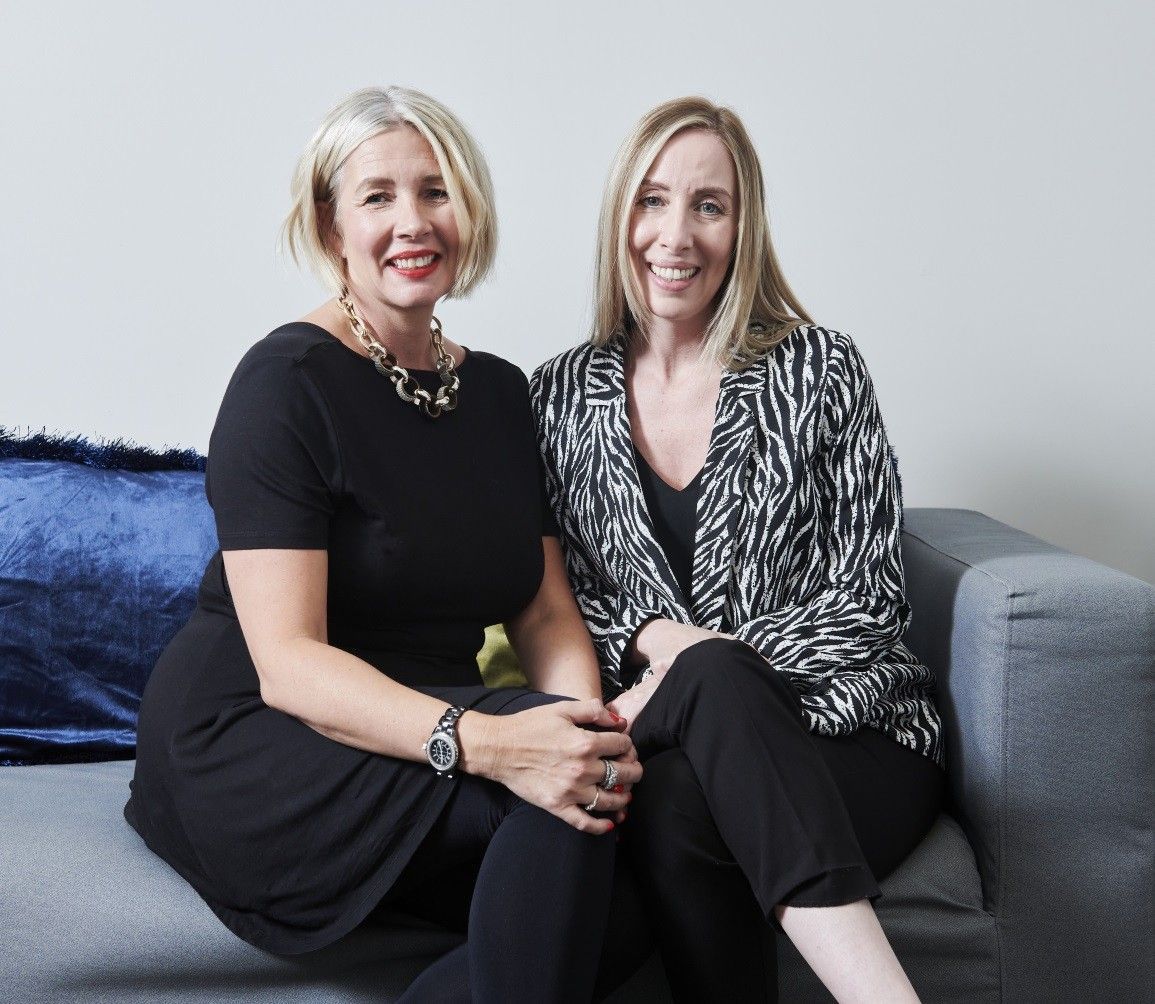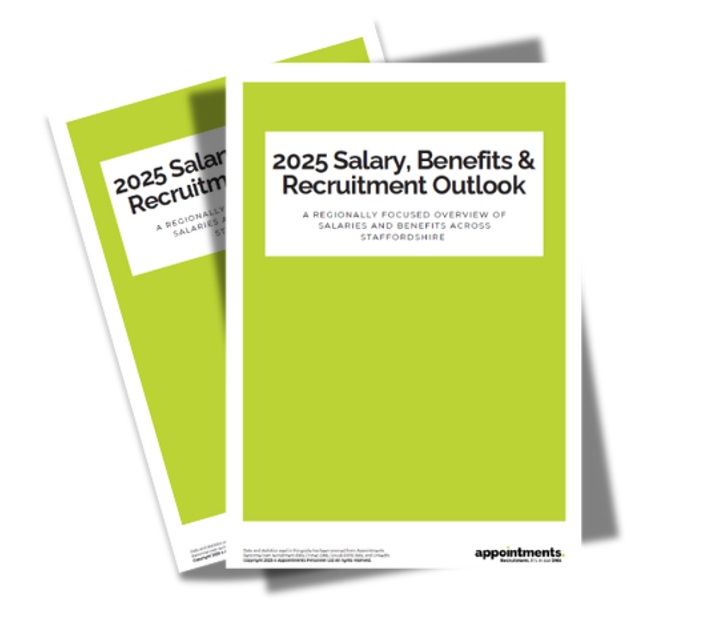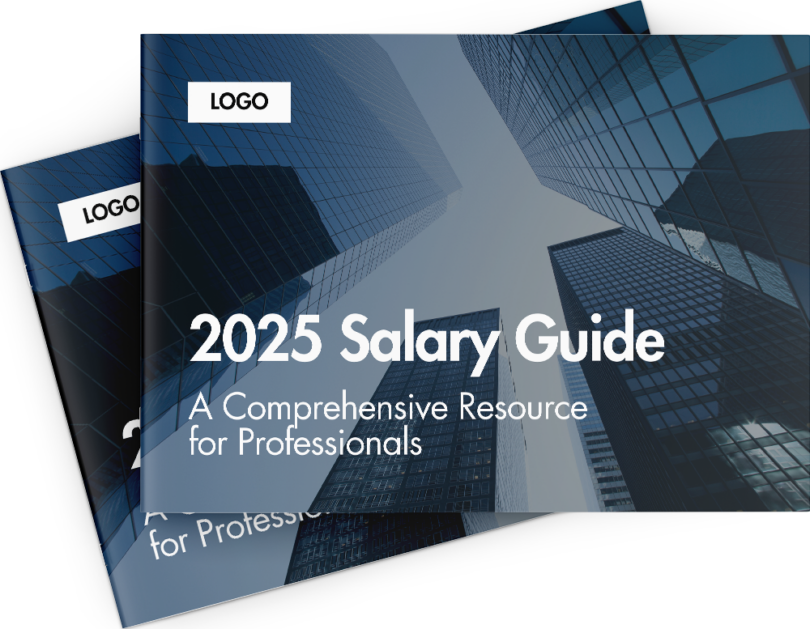
Share Article
Why a Motivational Fit in Technical Recruitment Matters!
According to the research group Gartner, the engineering and technical arena is in a time of rapid change. Organisations in these industries are starting the rebuilding process after the pandemic – rehiring, redesigning and strategising to meet the needs of an ever-changing, but optimistic future. Connected technologies and an increase in associated investments are helping companies realise new operational efficiencies; and forward-thinking organisations are taking these new opportunities in stride, hiring new talent to lead the way through the disruption. Given the current challenges, there’s a good chance your teams aren’t as motivated as they could be. You may be aware of this and doing your upmost to help them, others may hide their feelings, or you may not be aware as productivity seems to be right on target.
Anyone you recruit into the organisation will pick up on disconnects. They may even sense them at the interview or if meeting the team.
Your recruitment strategy, therefore, is just as important as the strategy to retain employees. One part of the recruitment process that shouldn’t be underestimated when recruiting employees, is the motivational fit. It’s not a one-size fits all approach so let’s explore the facets.
Motivational Competencies – initiative, drive and ambition.
Understanding how candidates are motivated will help you to understand ‘why’ a candidate likes or dislikes facets of a job. When recruiting you can explore whether a candidates motivation is a good fit for the job, the team, and the organisation.
Interviews which focus on what you ‘enjoy’ or not enjoy’ are also known as “Strength interviews.” That doesn’t imply taking part in some form of triathlon, good questions to use to assess this are:
- What things give you energy?
- Tell me about an achievement of which you were proud and why?
- Do you prefer to start tasks or to finish them?
- Tell me about a time curiosity lead to a breakthrough for you?
- When do you use divergent thinking? For example, brainstorming, what-if scenarios, etc.
If you really tune in as an interviewer, you can pick up subtle words, such as frustrated, didn’t enjoy, struggled, lost interest, or conversely, elated, sense of achievement, succeeded or persevered. These are the moments you can explore why a candidate felt that way. If you want to dig deeper, ask about likes and dislikes in terms of aspects of a role.
- What facets of your current or previous role do you enjoy? Why?
- What facets of your role do you avoid? Why?
Then, consider if negative facets of a job exists and to what extent could these be flexed? Or, if the facet is not present, then, that won’t be an issue with carrying out the proposed role.
Work through a real problem or skill demonstration.
While it’s true that past performance is a good indicator of future performance, sometimes nothing beats present performance (like a live demo of a skill or a real-time problem-solving exercise). If possible, identify a tech or engineering challenge that your successful hire will likely face on the job; nothing too hard and nothing that requires an intimate understanding of your business, processes, resources, or culture. But something that a top candidate should be able to tackle successfully.
Ask them what they’d do first, how they’d do it, why they’d do it that way instead of this way, what they’d do if they ran into this kind of problem and who they’d involve if this happened. You can use insights to help understand how technical competence and thinking style merge with your team, and you may get ideas for your own team’s development.
Finally, keep updating the skills of your technical team. Ask yourself, are there now new skills and attributes that will benefit your team’s mission and success? Being able to future-proof skills and show this to future recruits will only increase interest in your organisation as an attractive workplace.
We can help you find the candidates that will be a good fit for your organisation, get in touch to find out more by calling us on 01782 338787.










